
Scientists are on the trail of a mysterious five-particle structure that could challenge one of the biggest theories in physics: string theory.
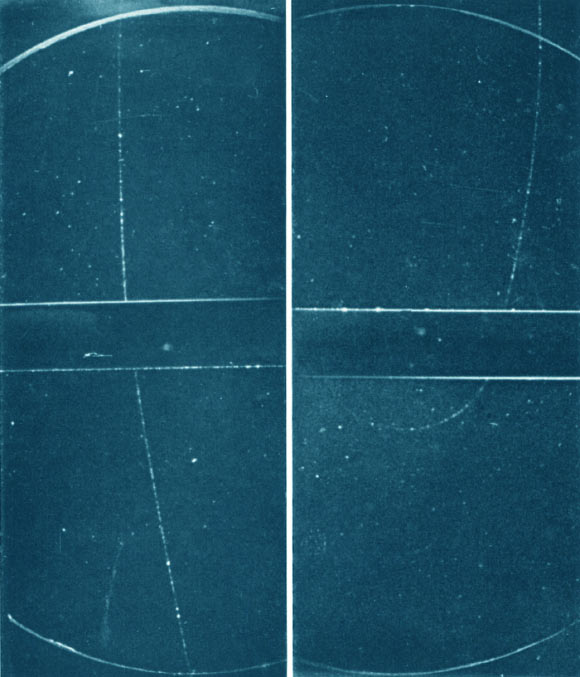
Physicists from the Muon g-2 experiment have released their third measurement of the muon magnetic anomaly.
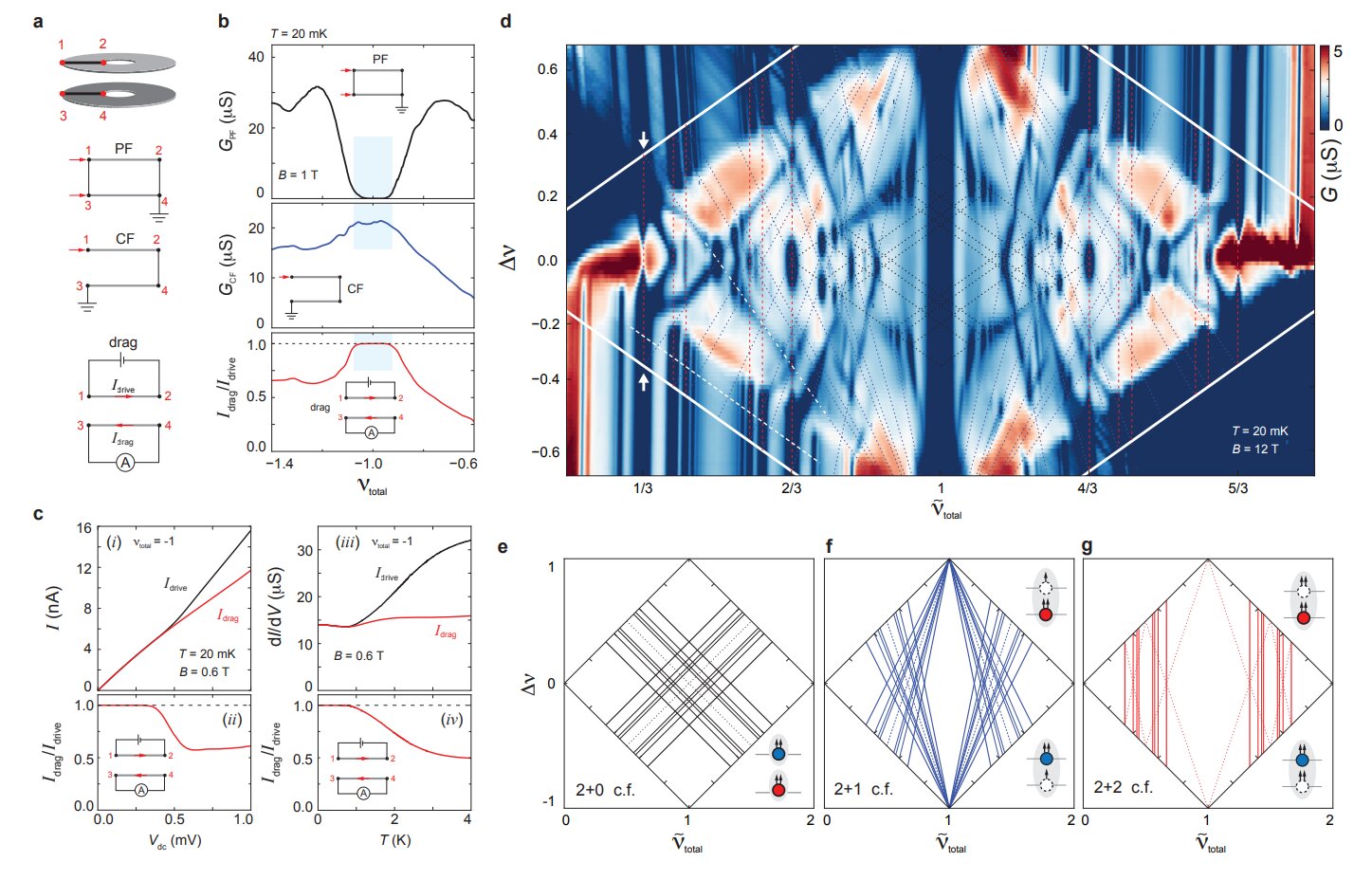
In a new study, physicists at Brown University have now observed a novel class of quantum particles called fractional excitons
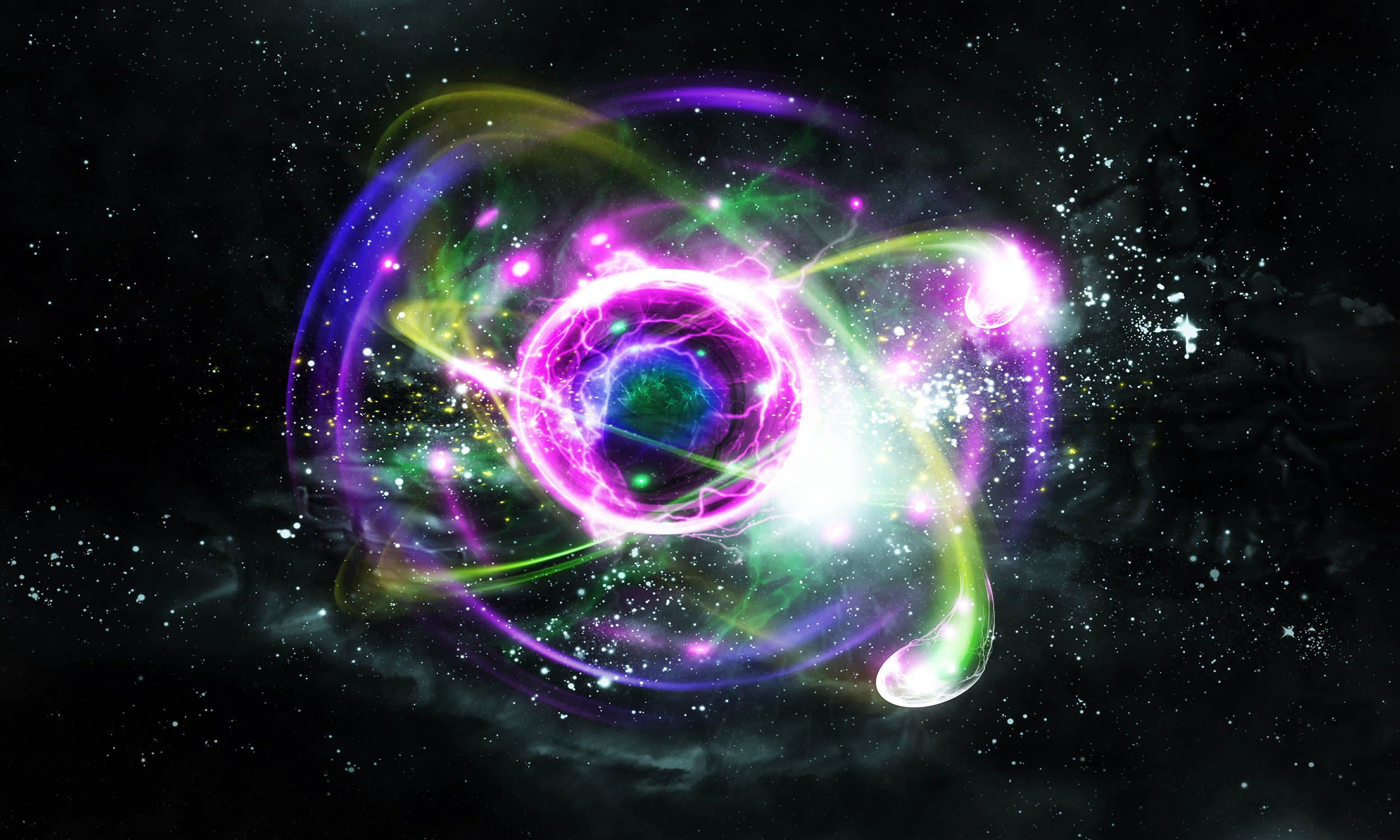
For the first time, researchers observed a type of quasiparticle that behaves in an unusual way. It only has mass moving in one direction.
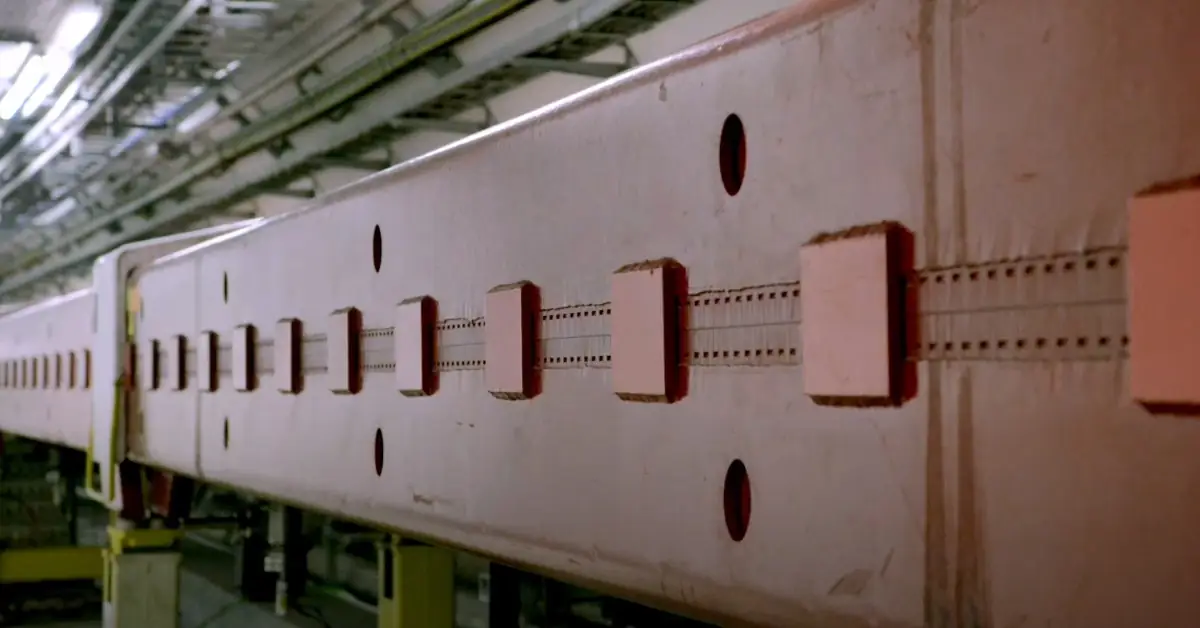
This discovery may shed light on new physics, taking us closer to breakthroughs in particle interactions beyond the Standard Model.

In the Super Proton Synchrotron, physicists have finally measured and quantified an invisible structure that can divert the course of the particles therein, and create problems for particle research.

Between 2016 and 2018, physicists recorded more than 100 rare, unstable hypernuclei – atomic cores that contain an unusual flavor of quark in one of their nuclear particles.

Physicists say they've found evidence in data from Europe's Large Hadron Collider for three never-before-seen combinations of quarks

XENON1T data from 2017-2018 has revealed an unexpected excess of low-energy interactions with the xenon’s electrons, more than the Standard Model of particle physics would predict.

Physicists from the Large Hadron Collider beauty (LHCb) Collaboration at CERN have discovered a previously unknown particle - a new charmonium particle.

This surprising conclusion emerges from new work published by theoreticians from Warsaw and Potsdam. The scheme they posit unifies all the forces of nature in a way that is consistent with existing observations.
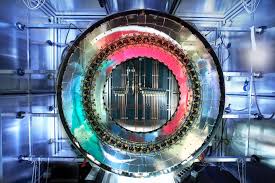
The new and unknown particle is just over a fifth of the mass of the Higgs boson. There's nothing in any of the current models that predicts this mass. However, It's unlikely to be physics-breaking.

There are three types of neutrinos in the Standard Model, the blueprint of particle physics. Experimental results add evidence for the existence of a fourth, more mysterious type - the sterile neutrino.

Scientists have created, for the first time a three-dimensional skyrmion in a quantum gas. The skyrmion was predicted theoretically over 40 years ago, but only now has it been observed experimentally.

A team of high-energy experimental particle physicists has uncovered possible evidence of a subatomic quasiparticle dubbed an 'odderon' that - until now - had only been theorized to exist.